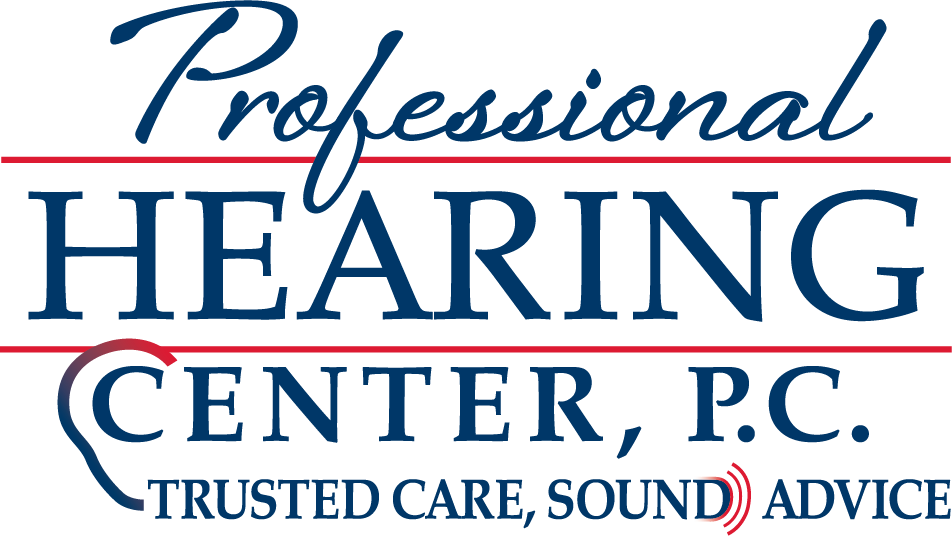
Why is it essential to have your hearing assessed on a regular basis? That’s because your general health can be considerably impacted by hearing loss. Your quality of life will be improved, your health will be enhanced, and you will get proper treatment faster if you get screened regularly.
Who should get a hearing examination?
A loss in hearing ability can generate effects that can significantly hamper your health and well-being. For example, hearing loss can result in intense social isolation. Even while undertaking tasks like going to the store, people with hearing loss will tend to avoid reaching out to family and friends because they have a difficult time understanding conversations. It may not be shocking that this kind of social isolation can lead to mental health problems, but it may come as a surprise to discover that it can be detrimental to your physical health too.
Other health concerns can be the result of neglected hearing loss also. For example, neglected hearing loss has been associated with many chronic conditions, including cognitive decline and depression. Comorbidities, including high blood pressure, diabetes, and heart disease have also been linked to hearing loss.
As a result, it’s generally a good plan for just about anyone to schedule a routine hearing test.
Four reasons to check your hearing
There are four significant reasons why keeping an eye on your hearing can be beneficial to your overall health.
1. Establishing a baseline for your hearing is significant
Why would you want to get your hearing checked if it seems healthy? Well, there are a number of good reasons to get a hearing test early. The most significant is that a hearing exam will give us a precise picture of your present hearing health. If your hearing changes in the future, this will make it simpler to identify. This is particularly true because hearing loss tends to develop slowly, the first symptoms aren’t always obvious.
Getting a baseline hearing test will help detect issues well before you notice them.
2. Early diagnosis and treatment is essential
Hearing loss is normally a progressive condition, meaning it tends to get worse over time. You’ll have a better prognosis, as a result, if you catch your hearing loss early. This is because you’re able to treat the condition at the earliest possible time.
When you get treatment early it will mean doing things like using ear protection or possibly wearing hearing aids. Many of the associated problems like cognitive decline, social isolation, and depression can be avoided with early treatment.
3. Future changes will be easier to assess
Even if you’re diagnosed with hearing loss, that doesn’t mean your hearing won’t continue to get worse as you get older. Regular hearing tests can enable early detection and your treatment plan can be modified as needed.
4. You can prevent additional damage to your ears
Hearing loss that develops slowly over time is usually caused by damage. Your hearing specialist is a substantial resource and seeing us regularly will help you detect any hearing loss as early as possible. We can help you keep your hearing as healthy as possible by providing you with treatments, best practices, and information.
We can help you figure out ways to keep sounds around you quieter and also help you safeguard your ears from day-to-day damage.
What should my hearing exam routine look like?
On the earlier side, adults should put off no longer than their early twenties to begin routine hearing tests. It’s usually ordinary best practice to get a hearing exam every ten years thereafter unless you detect signs of hearing loss or we suggest something more frequently.
But perhaps you’re thinking: what should I expect at my hearing test? Hearing exams are usually completely non-invasive. Usually, you simply listen for some tones in a special pair of headphones.
Whether you require some hearing protection or a new set of hearing aids, we will be able to help you with the best hearing care. And a hearing test can help you figure out when the best time to get your care may be.
